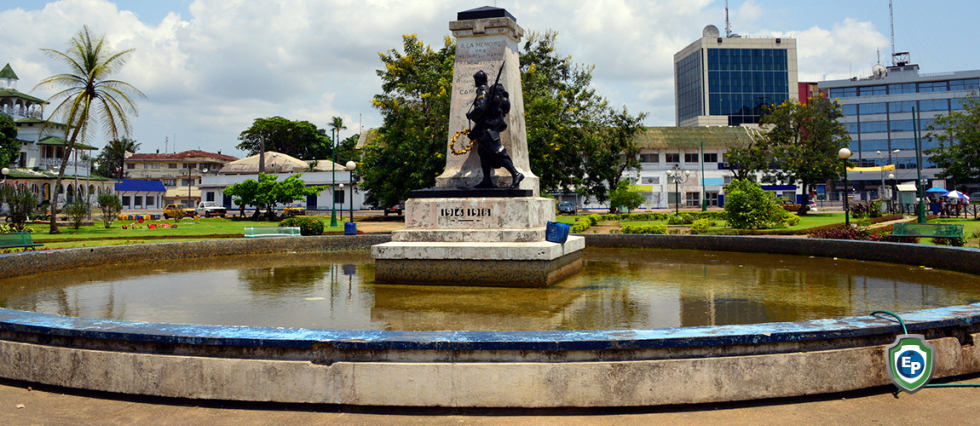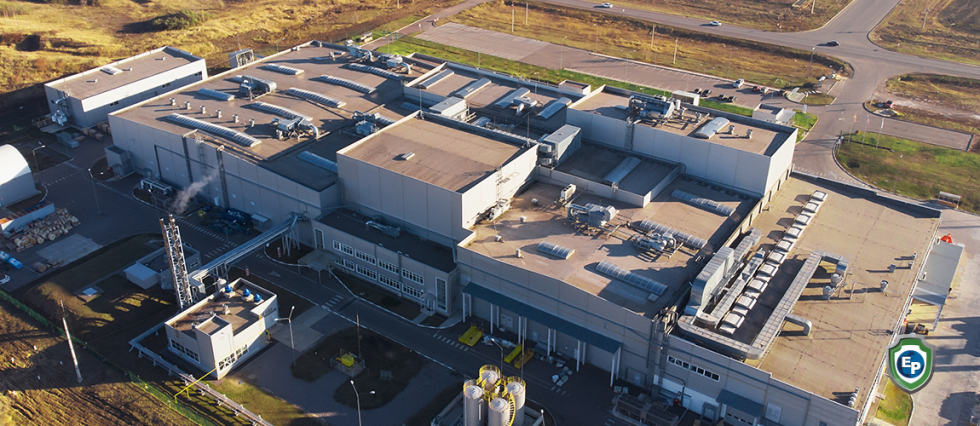Top 3 Manufacturing Challenges in Cameroon and How to Overcome Them
Read this blog to find out the single best way to increase Cameroon's exports and provide its employment.

The transformation of Cameroon’s raw materials is the single best way to increase exports and provide employment, so adding value locally will benefit the economy massively. To make these strides, the country will need to overcome the following challenges that hinder growth.
Energy
There’s no hiding away from Cameroon’s energy deficiency. The country depends heavily on hydroelectric power for most of its electricity, with losses in transmission and inefficiency cutting down the output. A whopping 60 percent of the energy produced by its two biggest power plants is used up by its aluminum smelting plant in Edea. To power manufacturing, Cameroon needs to become more efficient in its energy management, as well as explore other areas where there is potential to diversify. These opportunities exist in solar, natural gas, and geothermal energy. Solar energy use is growing in rural areas but will need a smart government strategy to mine it for industrial-scale production. Cameroon also needs to increase its crude refining capacity to boost fuel consumption at home.
Engineering
Setting up any manufacturing plant needs experts to design and run complex systems that operate efficiently on a scale. This requirement has hardly been met in Cameroon’s technical schools and universities. There has been progress over the past ten years as the government and the private sector try to produce more engineers. The first challenge is to change the mind-set around technical education, and then provide the equipment and training that young people need. Clear paths into apprenticeships need to be designed, and more women drafted to study science, technology, engineering, and mathematics. Role models like Audrey Chicot, managing director of MSMI, one of Cameroon’s leading engineering firms, should be drafted into mentorship programs to inspire young women into science.

Investment and infrastructure
To make the jump to a secondary and tertiary manufacturer, Cameroon needs investments at every level of production, transportation, machinery and maintenance, and capital to finance businesses that want to add value to its raw materials. Roads, bridges, schools, and equipment need to be up to par.
Businesses in the manufacturing sector need access to readily available loans and tax rebates to establish a presence and boost local production. Free trade zones should also be revitalized and provided with cheaper water and electricity, with scholarships for their most talented staff to further their studies on the condition that they will return home.
Manufacturers will also benefit from structural changes in the way the export business is conducted, with investments to expand Cameroon’s ports and container shipping. The government will also have to invest in surveying and mapping out the country’s natural resources to prioritize where investments go and how they fit into the national development plan.
Learn More with Export Portal
At Export Portal, we believe in being a truly comprehensive international trade marketplace. That includes helping our users learn everything they need to know about global trade. Subscribe to our newsletter today to stay in the loop!






Comments 0